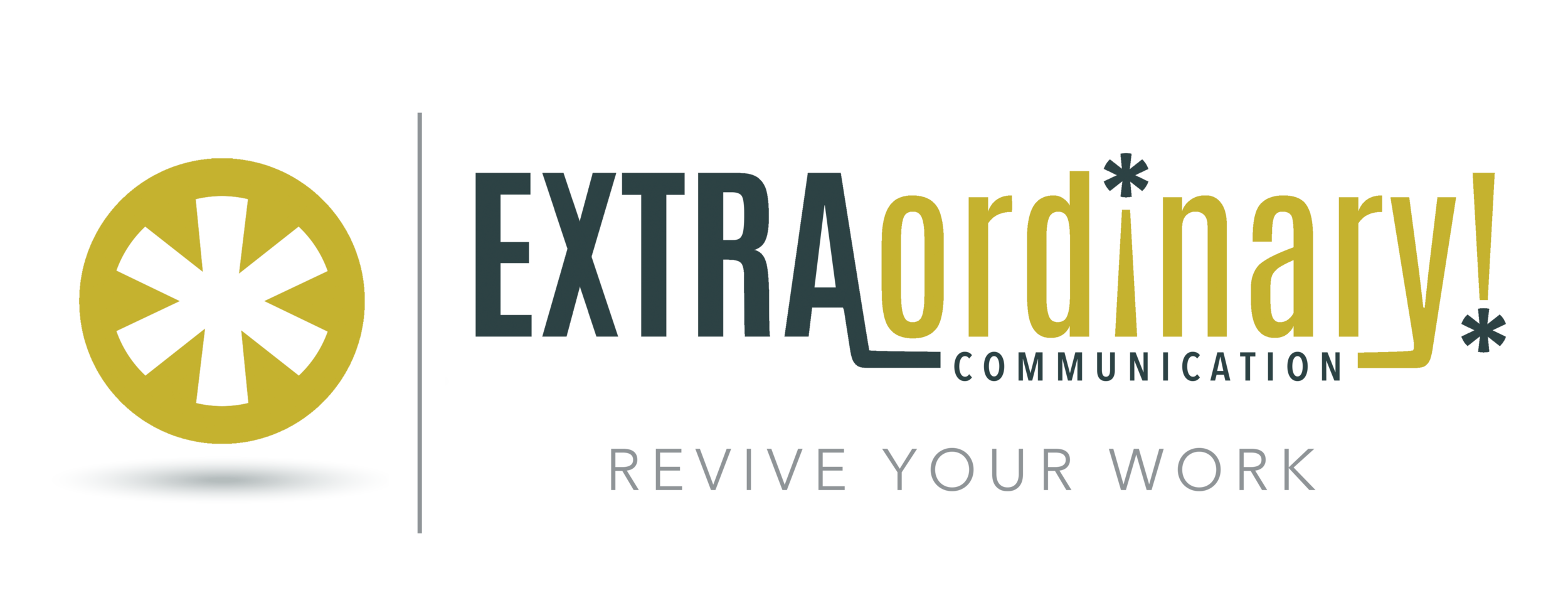E-couragement: Blind Spot...
“An unexamined life is not worth living.” Plato I had just dropped my youngest daughter off at volleyball practice. The feeling of winter was in the darkness of the evening as cold rain blew across my windshield. Deciding it was time to switch lanes, I checked my rear view and passenger side mirrors—all clear. I hit my blinker and began nudging into what appeared to be an open lane. Instinctively, I took a quick glance over my right shoulder—whoa, headlights! A gentle jerk of my steering wheel to the left placed me safely back in my lane. If not for that brief glimpse over my shoulder, I would have fell victim to the dreaded “blind spot” of driving.
Moments after my heart rate returned to normal, my mind drifted back to mid-day. I was on my way to a noontime lunch meeting with my friend/business associate, Emily Howard, and a client. Just moments from my destination, with an estimated time of arrival of 12:01 – 12:03, my phone rang.
“Where are you?” Emily questioned.
“I’m on my way, where are you?”
“Waiting in the parking lot…are you going to be late?”
After a moment of silence she asked, “Can I give you some feedback?” Because I trust Emily and am convinced she has my best interest in mind, I reluctantly replied, “Sure.” She continued, “You’re going to get a reputation of running late if you’re don’t pay more attention to your timing.” In reality, I didn’t like what I heard…even though it was on target. As the initial sting wore off, I became grateful for people like Emily who have the courage to tell me the truth so I can be better and live consistent with my vision.
These two incidents, occurring on the same day, reminded me that identifying my own personal and professional blind spots require greater effort than brief reflections in a mirror or quick glances over my shoulder. Preventing myself from veering into dangerous territory demands that I seek regular doses of honest, accurate, and thoughtful feedback to help identify what I may not see on my own.
Engaging leaders need “blind-spotters” in their lives. Who are the people in your life helping you remain on course? Do you have trusted friends and coworkers who provide feedback and speak the truth you need to hear? Without these types of relationships, leaders become like a rudderless ship, dangerous to themselves and others. This is not for you. Make the commitment to ask for, and be receptive to, personal and professional feedback. Then be quiet and listen so that you may regain 20/20 vision from the insights of others.
Leave your comments: In what ways have you effectively used “blind-spotters” to help you be more successful?
